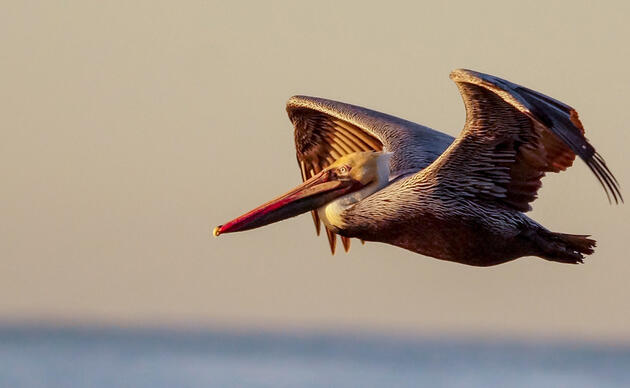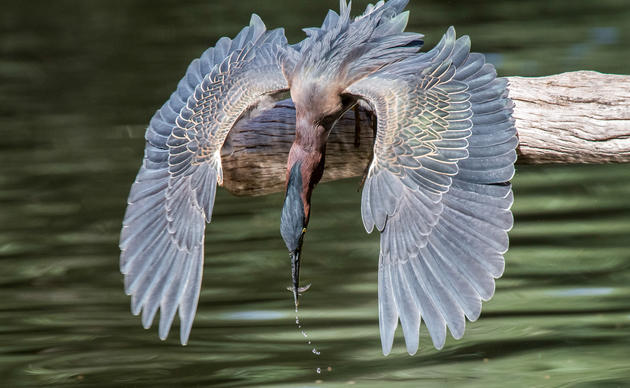This article first appeared in the Aiken Standard.
Earlier this year, Gov. Henry McMaster used his veto power to reject the General Assembly's action to take away funding for the South Carolina Conservation Bank and sunset the entity created in 2002 as an ongoing source to acquire real estate in the interest of preservation.
Now McMaster has ordered an investigation of the conservation bank, questioning how it operates and spends money.
That comes on the heels of a Legislative Audit Council report earlier this year questioning how the bank spent money. The audit said the bank sometimes paid wealthy landowners to avoid developing their property without guaranteeing public access to the land.
The audit also said some landowners were paid when property was not in danger of development.
Conservation bank officials have disputed the criticism in the report but damage has been done. As much as its mission is important, the future of the conservation bank is in doubt.
But conservation bank successes should not be ignored.
It has helped protect nearly 300,000 acres around South Carolina by actions including guarding green space surrounding Angel Oak on Johns Island, providing funds for the purchase of Morris Island, preserving Camden's Revolutionary War battleground and securing 8,700 acres along 8 miles of the Santee River. The list of worthy projects is long, including protection of waterfowl habitats and public hunting areas in the Midlands.
In reality, the conservation bank is the only statewide source of funding available for willing landowners and their land trust partners to conserve significant natural resource lands, wetlands, historic and archaeological sites.
It is funded by a fraction of the S.C. documentary stamp tax (state deed recording fee). Of every $1.35 collected by the state, 25 cents is credited to the Conservation Bank Trust Fund. No tax dollars are used for funding.
The conservation bank provides the opportunity to leverage private and federal investments for the public benefit. But it must be reauthorized every five years to continue its work. The charter was extended by five years in 2012, meaning the Legislature had to act by 2017 to continue its existence.
The conservation bank's successes have been achieved despite a modest allocation of money as it has obtained support from private and public sources to purchase land and to obtain permanent conservation easements for forests and farmland.
The program is completely voluntary: Land trust organizations, state agencies and local governments can apply for grants to acquire either title to, or a conservation easement on, properties with conservation and/or cultural/historic significance. Then it's up to the landowners to decide whether to accept the grants and protect their properties. They are under no obligation to do so.
McMaster should not give up on the conservation bank. In his veto message, he urged the Legislature not only to sustain his veto but to set about a "reasoned debate about the Bank's future and mission."
Let the investigation and the debate move forward. And then follow the approach the governor has advocated: Fix the problems but do not allow an important tool for land preservation in South Carolina to fade into history.
— Times & Democrat, Orangeburg



